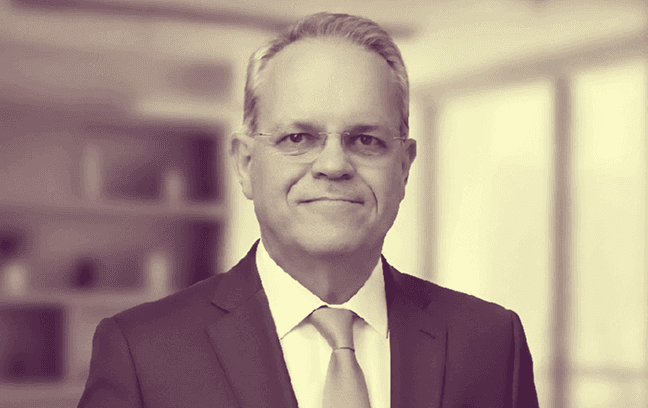What's new in sports betting law in Brazil?

The sports betting laws in Brazil are evolving, with the official launch of the licensing process that will allow companies to operate in the country legally. At Oddsgate, we closely follow these regulatory landscape changes alongside our partners, especially those already at the forefront of this emerging context.
Óscar Madureira, our Chief Legal Officer, reaffirmed Oddsgate’s commitment to regulatory advancements. We are fully aligned with these changes as a company focused on developing and commercializing software for casino and online sports betting platforms.
“It’s with great enthusiasm that we at Oddsgate welcome the new regulations in Brazil’s sector. We’re ready to work closely with regulatory authorities, local operators and other stakeholders to ensure our platform complies with all legal and regulatory requirements while delivering top-notch customer service.”
It’s essential to set an example in the industry by adhering rigorously to all regulatory standards, providing continuous support and being a haven for the partners. That’s why Oddsgade guides partners through the intricate regulatory landscape and ensures all operations are fully compliant.
Our company’s commitment to integrity, data protection and the latest certifications are reasons to be proud. The same goes for support and commending those leading the charge in Brazil’s regulatory space, especially our clients and partners.
Recently, our team achieved the GLI-33 certification and we are now celebrating the increasing number of bookmakers beginning their regulatory journey in Brazil. Highlighting the value of following this path, Óscar shared: “We believe that Brazil’s regulatory movement offers a unique opportunity to strengthen the market, ensuring a safe and fair experience for all users.”
Since December 2023, when Law 14.790/23 was enacted, various iGaming and sports betting companies have been actively striving to obtain the necessary licenses to operate in Brazil. The application period for these licenses closed in August, during which time these companies underwent a comprehensive evaluation based on the established criteria for legal operation.
Brazil’s Sports Betting Law Timeline:
To showcase the evolution of online betting regulations in Brazil, we’ve outlined the major milestones from the law’s enactment to the detailed implementation of operational guidelines:
2023
July: Enactment of Law 14.790/2023, also known as the “Betting Law,” establishing the regulatory framework for online sports betting.
2024
January: A presidential decree creates the Secretariat of Prizes and Betting (SPA) within the Ministry of Finance;
February: Rules are published to certify betting system laboratories, live game studios, and online games;
April: SPA/MF Ordinance Nº. 561 is issued, detailing the SPA’s Regulatory Policy and establishing a four-phase regulation schedule;
September: Application deadline for companies seeking authorization to operate.
2025
January: Authorized companies begin operations, with the requirement to use the “.bet.br” domain.
Regulation Schedule:
Phase 1 (end of April): Rules for payment methods, technical and security requirements, and commercial operation authorization;
Phase 2 (end of May): Measures for anti-money laundering, bettor rights, and requirements for live game studios;
Phase 3 (end of June): Technical and security standards for online games, monitoring procedures, and rules for administrative sanctions;
Phase 4 (end of July): Guidelines for responsible gambling and social fund allocation procedures.
A Brazilian partner must hold at least 20% of the capital to establish a mandatory headquarters in Brazil. The initial permits are scheduled to be issued by January 2025 as part of the government’s initiative to standardize the industry and promote transparency under the new regulations from the Ministry of Finance. As Óscar noted, this regularization is advantageous for all parties involved.
“We’re confident these regulations will substantially benefit the industry, creating a safer and more transparent environment for Brazilian consumers. Moreover, this regulatory progress will enable companies like ours to invest more confidently in Brazil, generating new jobs and boosting economic growth.”
As with any licensing and certification process, Brazilian legislation imposes strict standards. Bookmakers must meet legal, tax and labor requirements and pay a fee of R$30 million, valid for five years. Oddsgate sees this as an opportunity for growth, as Óscar emphasized: “We look forward to exploring the new opportunities the Brazilian market presents and continuing our contribution to building a responsible and sustainable online betting sector in the country.”




